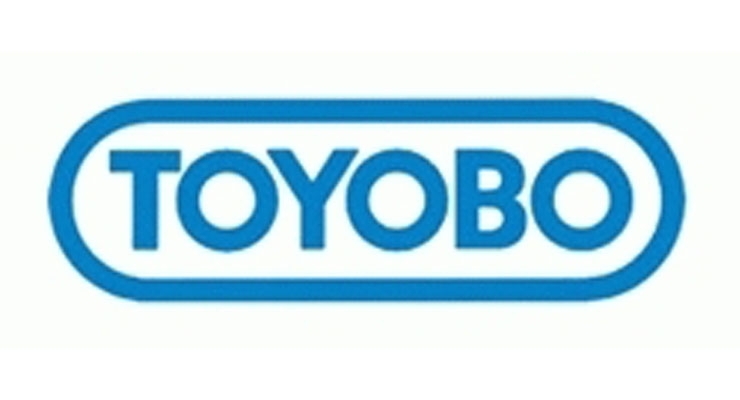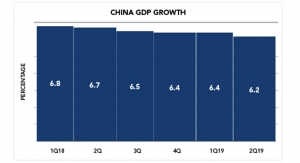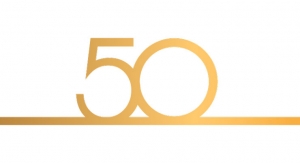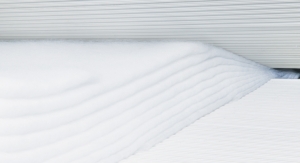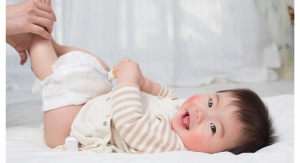09.12.17
Osaka, Japan
www.toyobo-global.com
2017 Nonwovens Sales: $135 million
Key Personnel
Shigeki Tanaka, general manager, spunbond division; Masakazu Saito, president, Kureha
Plants
Tsuruga, Iwakuni, Shiga, Japan
Processes
Spunbond, needlepunch, chemical bonded, spunlaced, thermal bonded, stitchbonded
Brand Names
Volans, Ecule, Bonden, Kurelock, Dynak, Breathair
Major Markets
Geotextiles, roofing sheets, carpet backings, automotive interiors, automotive filters, needlepunch carpets, hot melt bonding sheets, plaster bases
Toyobo has been producing polyester spunbond nonwoven fabrics with 12,000 tons of capacity per year while its subsidiary Kureha makes 7000 tons of chemical bonded, needlepunched, thermal bonded and spunbonded nonwovens per year. Yuho, also a subsidiary, makes 3000 tons of needlepunched, spunlaced and stitchbonded nonwovens per year.
Polyester spunbond nonwoven fabric has been made at two plants in Tsuruga and Iwakuni, as well as at an OEM production facility in China. As the ratio of OEM production has risen, Toyobo is going to raise its in-house production in terms of quality and costs. Capital spending at Toyobo is necessary for that purpose and Japan, Asia and North America are all being considered for the company’s next production center.
The use of Toyobo’s polyester spunbond fabrics has been increasing as the use of these materials in cars has been increasing, particularly in the seat covers. The cover material made by Toyobo is a leather-like processed nonwoven fabric. The material is lightweight and superior in durability and, most importantly, it complies with VOC regulations. This has been driving demand in China where environmental regulations are increasing.
In Kureha, the demand for air filters for the car engine air filtration, its main product, has been sluggish because of the increasing use of electric cars which don’t use as many filtration materials. To make up for these decreases, Kureha is developing sound absorption materials, or sound absorbers for cars and battery cooling filtration media, which are still widely used in electric cars.
www.toyobo-global.com
2017 Nonwovens Sales: $135 million
Key Personnel
Shigeki Tanaka, general manager, spunbond division; Masakazu Saito, president, Kureha
Plants
Tsuruga, Iwakuni, Shiga, Japan
Processes
Spunbond, needlepunch, chemical bonded, spunlaced, thermal bonded, stitchbonded
Brand Names
Volans, Ecule, Bonden, Kurelock, Dynak, Breathair
Major Markets
Geotextiles, roofing sheets, carpet backings, automotive interiors, automotive filters, needlepunch carpets, hot melt bonding sheets, plaster bases
Toyobo has been producing polyester spunbond nonwoven fabrics with 12,000 tons of capacity per year while its subsidiary Kureha makes 7000 tons of chemical bonded, needlepunched, thermal bonded and spunbonded nonwovens per year. Yuho, also a subsidiary, makes 3000 tons of needlepunched, spunlaced and stitchbonded nonwovens per year.
Polyester spunbond nonwoven fabric has been made at two plants in Tsuruga and Iwakuni, as well as at an OEM production facility in China. As the ratio of OEM production has risen, Toyobo is going to raise its in-house production in terms of quality and costs. Capital spending at Toyobo is necessary for that purpose and Japan, Asia and North America are all being considered for the company’s next production center.
The use of Toyobo’s polyester spunbond fabrics has been increasing as the use of these materials in cars has been increasing, particularly in the seat covers. The cover material made by Toyobo is a leather-like processed nonwoven fabric. The material is lightweight and superior in durability and, most importantly, it complies with VOC regulations. This has been driving demand in China where environmental regulations are increasing.
In Kureha, the demand for air filters for the car engine air filtration, its main product, has been sluggish because of the increasing use of electric cars which don’t use as many filtration materials. To make up for these decreases, Kureha is developing sound absorption materials, or sound absorbers for cars and battery cooling filtration media, which are still widely used in electric cars.

